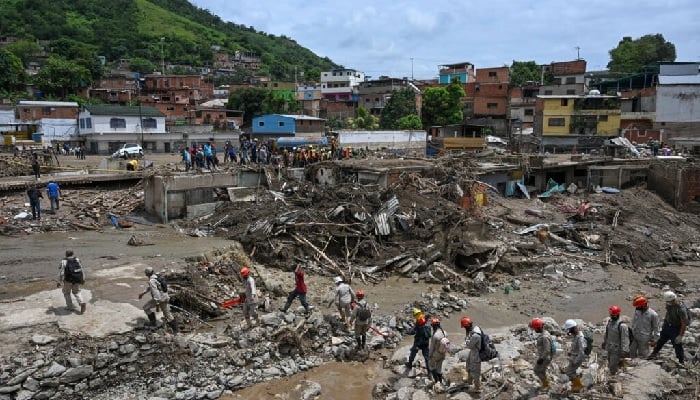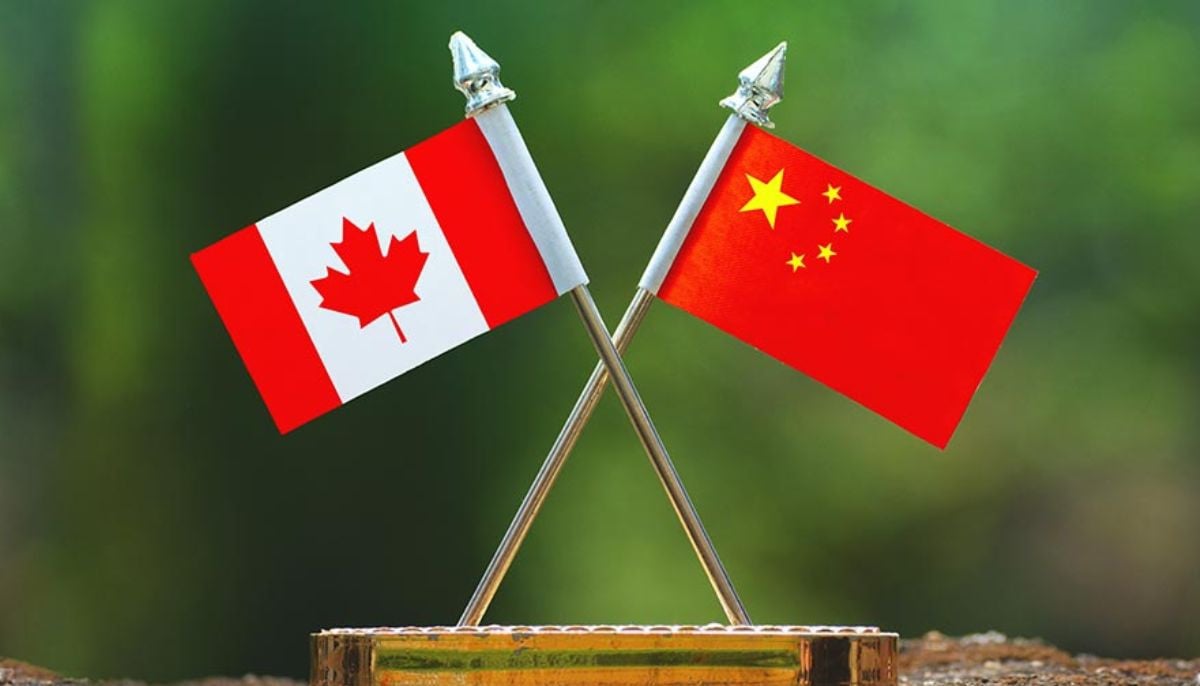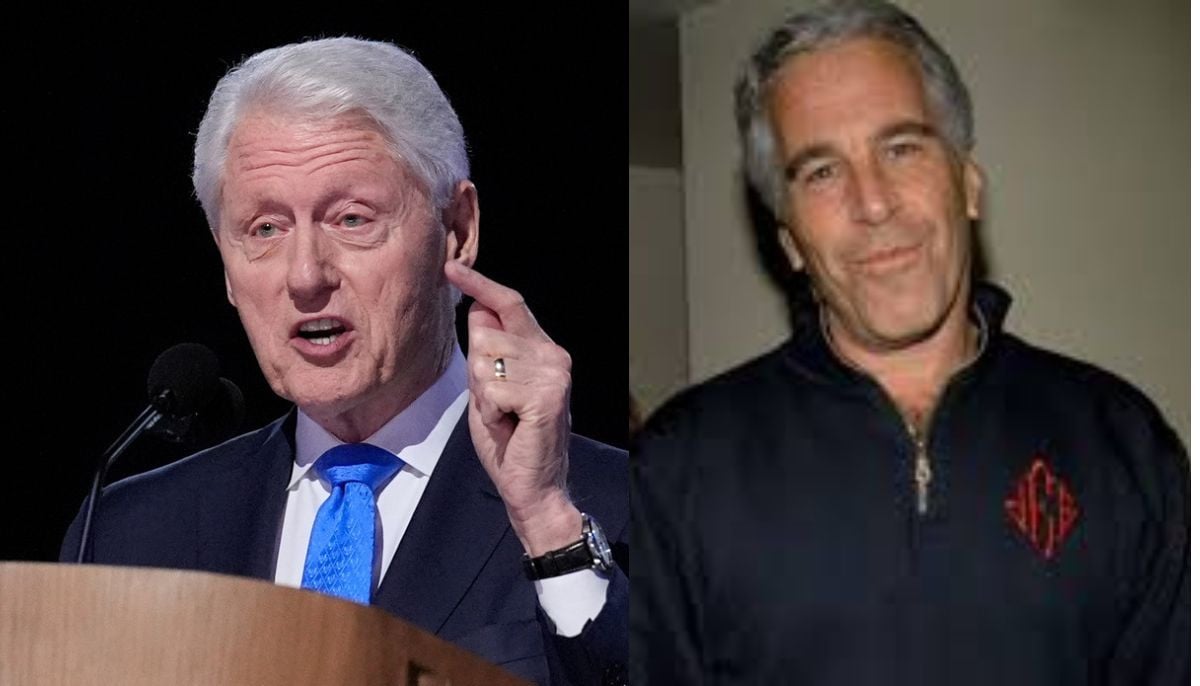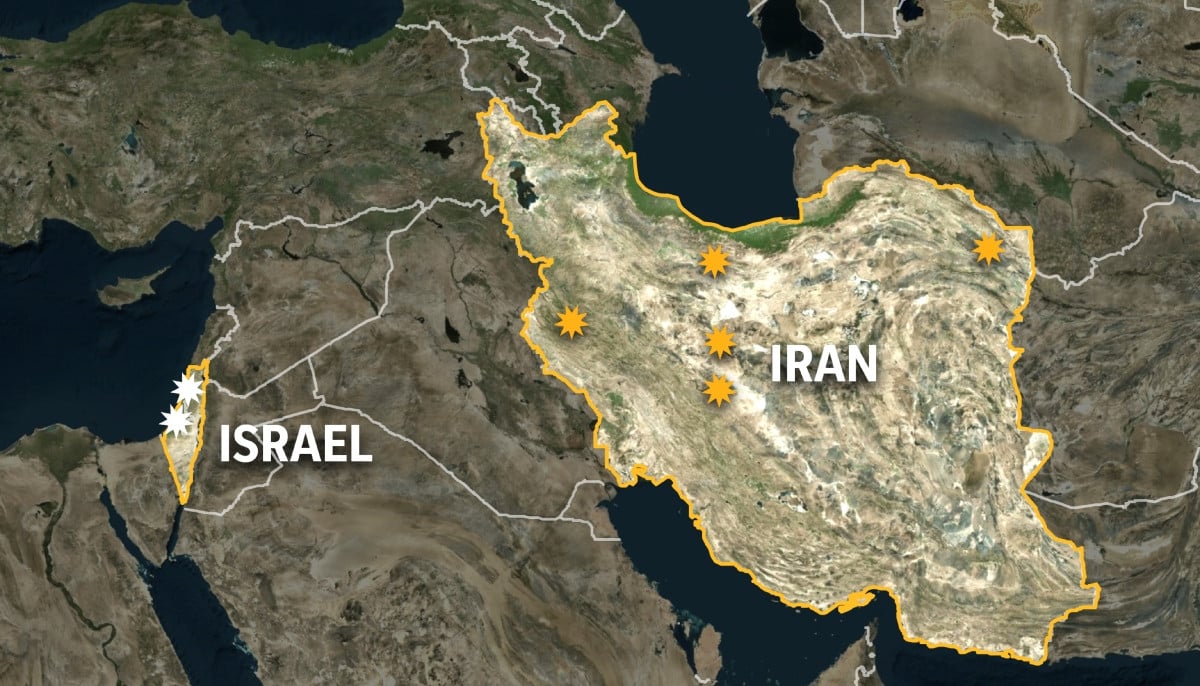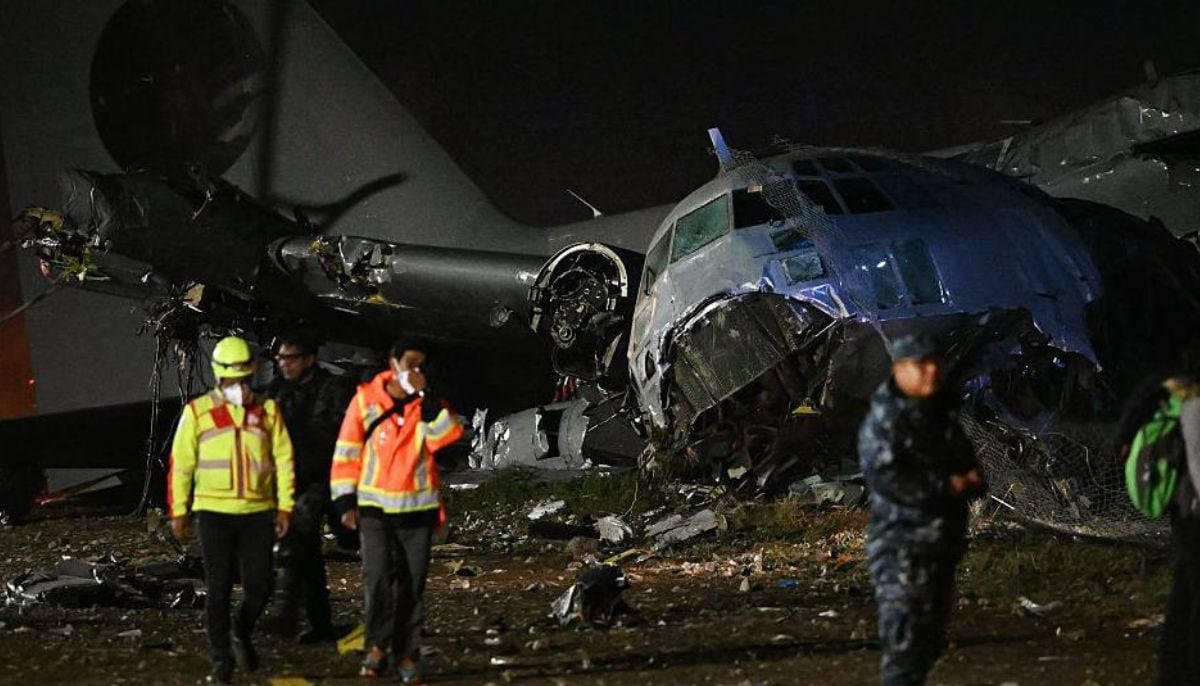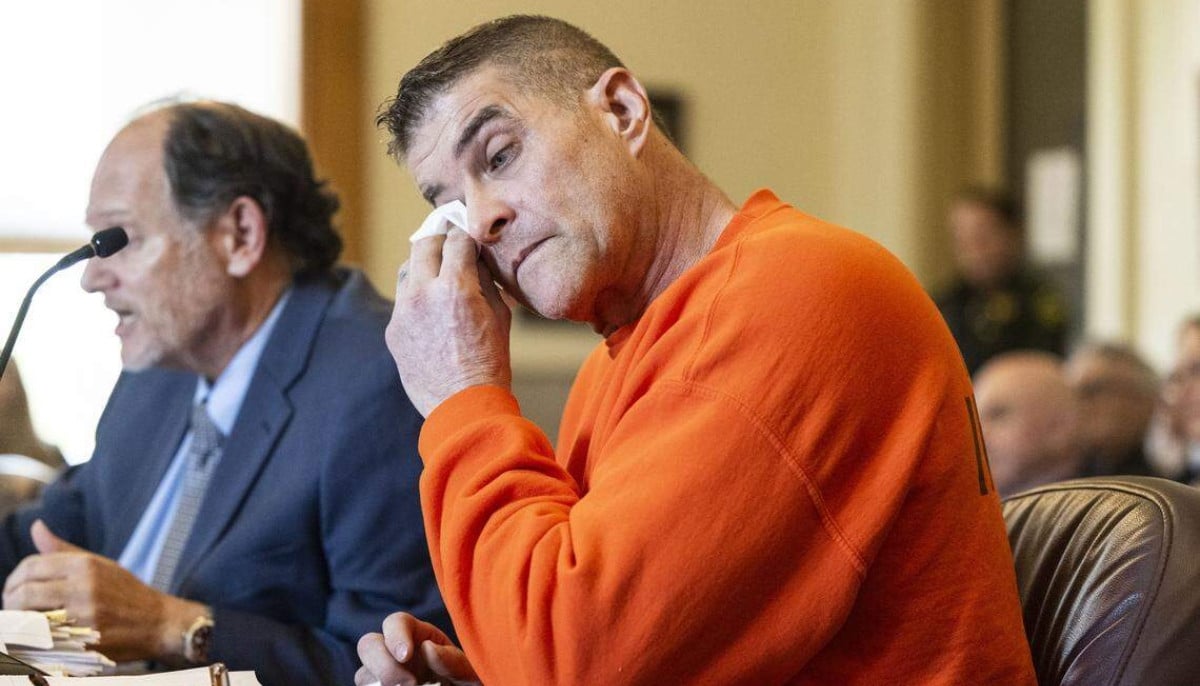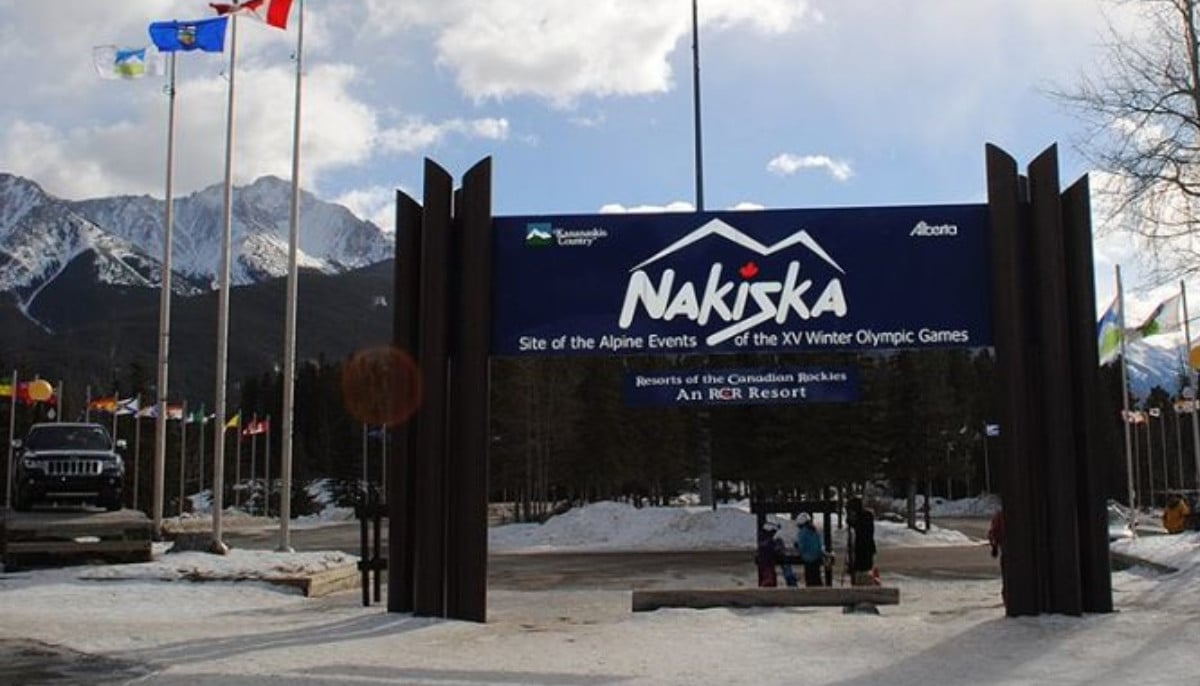Death toll rises to 50 in Venezuela landslide
President Nicolas Maduro said earlier in the week that the toll from Venezuela's worst natural disaster in decades was likely to reach 100
Las Tejerías: The death toll has risen to 50 from a devastating landslide that swept through a Venezuelan town near the capital Caracas, officials said on Thursday.
"So far we officially have 50 people who unfortunately lost their lives and (their bodies) have been handed over to their relatives," Interior Minister Remigio Ceballos told a local television channel, updating the earlier toll of 43.
Unusually heavy rains on Saturday had caused a major river and several streams to overflow in Las Tejerias, a town of about 50,000 people nestled in the mountains near Caracas.
The rains caused a torrent of mud that washed away cars, parts of homes, businesses and telephone wires, and felled massive trees.
About 3,200 people had been deployed to help the rescue and clean-up efforts in the town, Ceballos said.
President Nicolas Maduro said earlier in the week that the toll from Venezuela's worst natural disaster in decades was likely to reach 100.
Experts say the storm was aggravated by the seasonal La Nina weather phenomenon gripping the region, as well as the effects of Hurricane Julia, which claimed at least 26 lives in Central America and caused extensive damage.
Crisis-hit Venezuela is no stranger to seasonal storms, but this was the worst so far this year following historic rain levels that caused dozens of other deaths in recent months.
Maduro has vowed to rebuild "each and every" home and business destroyed in the landslide.
"Las Tejerias will rise like the phoenix, Las Tejerias will be reborn," he said.
-
Savannah Guthrie speculations 'sadly' coming true about mother Nancy
-
Trump administration warns of slow payouts for tariff refunds amid intensifying trade disputes
-
‘I saw nothing’: Bill Clinton denies knowledge of Epstein’s crimes in House testimony
-
Israel launches attack on Iran's capital and declares state of emergency
-
At least 15 dead after military plane carrying new banknotes plunges out of control in Bolivia
-
Daniel Serafini gets life without parole in in-laws murder and attempted murder case
-
Nakiska Ski Area avalanche leaves youth unresponsive, second skier escapes unhurt
-
Igor Komarov missing in Bali: Seven foreign suspects arrested in kidnapping probe
